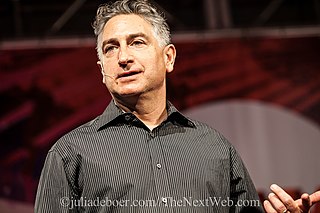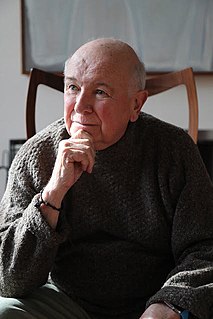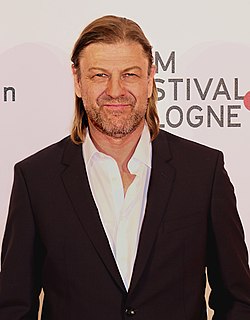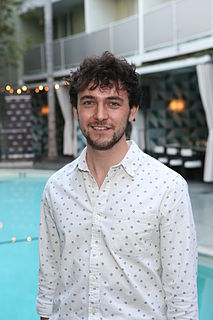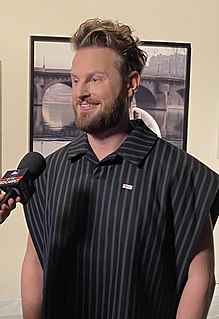A Quote by Maggie Gyllenhaal
Every actor has to find space where they are free, in order to do good work.
Related Quotes
There's always a pattern in order to make a thing, but the starting point must be something I've never seen before. It's not two-dimensional, but it's like a sample. I work with patterns like a sculptor. I try to get [the team] not to work on a body, [but] to work on a free space, on a table. The work is basically on flat surfaces.
In order to be artists we need to be in our studios, in our private rooms... in our private personal space... that sacred protected space, so we can make our work. That's the only work that's worth making, right? That's the place where we can be free enough and vulnerable enough to share what we have to share.
Work with good directors. Without them your play is doomed. At the time of my first play, I thought a good director was someone who liked my play. I was rudely awakened from that fantasy when he directed it as if he loathed it. . . . Work with good actors. A good actor hears the way you (and no one else) write. A good actor makes rewrites easy. A good actor tells you things about your play you didn't know.
Work begets work. Just work. If you work, people will find out about you and want to work with you if you're good. So work anywhere you can. That's why I've changed my mind about these theatres where people work for free or have to pay money. I think it's kind of terrible that they feel they have to, but you know what? They're working.
I'm always looking to find order within the chaos. And sometimes when my life gets fairly chaotic, I'll take a walk outside. I think about the order and the perfection of galaxies of planets in orbit and traveling around space and thinking how chaotic the wars and divorces and riots on our planet must look from outer space.
Musing takes place in a kind of meadowlands of the imagination, a part of the imagination that has not yet been plowed, developed, or put to any immediately practical use…time spent there is not work time, yet without that time the mind becomes sterile, dull, domesticated. The fight for free space — for wilderness and public space — must be accompanied by a fight for free time to spend wandering in that space.
They have a good ethos at Guildhall in that they basically throw loads of different things at you. Their theory is that after you leave, if you use 10 of those 100 things, that's great. The other 90, you might not agree with or might not work for you as an actor. But if you can find 10 that work for you, then ultimately you leave as a better actor.



